does gluten have carbs
 What Are Gluten Free Carbs? - Single Ingredient Groceries
What Are Gluten Free Carbs? - Single Ingredient Groceries7 things to know about gluten in a keto or low carbohydrate diet This guide is based on scientific evidence, following our evidence-based guide policy. Click for more information. Should you worry about gluten? That's a question many people have asked over the years. Apart from the serious medical condition called celiac disease, gluten sensitivity — also called non-call gluten sensitivity — was an unknown phenomenon just a few decades ago. But now the evidence shows about 10% of the population may have abnormal reactions to this nutrient..footnotes{display:none}.foot-sup{display:none} /* sourceMappingURL=footnotes.min.css.map */ Is this because the consumption of foods containing gluten has increased? Is it because gluten has changed? Or could it be that sensitivity is to other food substances and not gluten? This guide will examine these questions and address what gluten is, its effects on our health, and if we should avoid it.1. What is gluten? Gluten proteins, such as gliadine and glutenine, are found in grains such as wheat, barley and rye. Gluten does not provide essential nutrients for the body if sufficient quantities of other sources are consumed. Gluten is a "flexible" protein and can be easily manipulated. Therefore, although it is a natural part of some grains, gluten is often added to packed and processed foods to improve texture and taste. It also allows to increase the mass and helps to unite the food. Think about the pizza. In some people, gluten is not digested properly in the digestive tract, which allows intact amino acid chains to enter in its circulation. This is a proposed reason for gluten sensitivity. 2. What foods contain gluten? Gluten is commonly found in rich foods such as bread, baked products, cookies, pasta, cereals and most processed and packaged foods. Although oats do not contain gluten, most commercial oats are contaminated with gluten by contact with other grains during harvesting and processing. This may include oat fiber, an ingredient used in some low carbohydrate recipes. Other foods that can surprisingly contain gluten are some soups, bouillon and commercial preparation broths, cold cuts, processed cheese (e.g. Velveeta), mayonnaise, soy sauce, salad dressings and sausages. There are gluten-free alternatives for most of these products. If you have a gluten sensitivity, be sure to check the labels when buying these types of products.3. What are the different types of conditions associated with gluten intolerance? There are a spectrum of known gluten-related conditions ranging from wheat allergy to celiac disease, all related to an immune response to gluten. Celiac disease The most serious type of gluten disorder is known as celiac disease. Studies suggest that this condition affects less than 1% of the population, although some believe it is more common. Celiac disease is an autoimmune response to gluten where immune cells begin to attack other cells or tissues of the body. This can lead to inflammation, damage to the lining of the intestine and reduced ability to absorb nutrients. The initiation of symptoms is usually gradual and may take months or years to develop after the introduction of gluten. These include digestive discomfort such as diarrhea, gas, swelling, fatigue and weight loss. Celiac disease may also be associated with other conditions such as osteoporosis and iron deficiency anemia due to lack of nutrient absorption. Certain individuals with genetic predisposition are at greater risk of developing celiac disease, but only a small percentage actually develops it. There may be other environmental triggers besides genetics and gluten exposure, but the exact sources have not been identified. Wheat Allergy Wheat allergy is one of the most common food allergies, which is estimated to occur about 1% of pediatric populations. Symptoms are those that are usually associated with a food allergy, such as inflammation, rash, nausea, vomiting, and diarrhea. Much less common are shortness of breath or anaphylaxis. Sensitivity to non-Celiac gluten Non-Celiac gluten sensitivity is the mildest form of gluten intolerance that occurs due to an immune response to gluten. It is likely to be the most common of gluten-related disorders, estimated at about 6% of the population. The initiation of symptoms usually occurs hours to days after exposure to gluten. These symptoms may include digestive problems. In addition, studies have shown that they can lead to a general reduction in the quality of life measures. It is often difficult to differentiate the sensitivity to non-Celiac gluten from other gastrointestinal conditions such as wheat allergy and irritable bowel syndrome, as there is no evidence to diagnose this type of gluten sensitivity. Therefore, the diagnosis is made by excluding other gluten-related or gastrointestinal disorders. In most people, symptoms disappear after you remove gluten from the diet for a few weeks, with little or no lasting effect. Treatment The only treatment available for gluten-related conditions is a gluten-free diet, as it is necessary to remove the nutrient that causes damage.4. Why does gluten have a bad relationship? Gluten continues to be demonized by many health-conscious individuals. But does he deserve this reputation? For those with celiac disease, gluten definitely deserves bad rap. These individuals have an autoimmune reaction to gluten that can cause many health problems, as has been said above. Science tells us that certain components of gluten cannot be broken down by enzymes in the digestive tract. As a result, in some genetically-susceptable people, gluten exposure can trigger an allergy or immune response. But is gluten "bad" for those without celiac disease? Gluten has been directly or indirectly involved in the development of a series of health conditions such as irritable bowel syndrome, inflammatory bowel disease, anemia, fatigue, depression, headaches and more. Although gluten is unlikely to cause these conditions, gluten sensitivity could potentially make them worse. There is growing speculation that changes to gluten in food processing or increased gluten intake can be responsible for the growing prevalence of gluten-related conditions. In addition, it is not always clear whether the symptoms are gluten itself or refined foods that contain carbohydrate gluten. In these cases, gluten may or may not be the offensive agent. Fortunately, there are ways to investigate whether gluten is the problem.5. How do I know if I have a gluten problem? Most people with gluten intolerance will experience adverse symptoms related to the skin, digestive system, or respiratory system. Of course, not all symptoms of the skin, digestive or respiratory are due to gluten exposure. Therefore, eliminating and then reintroducing gluten from the diet can be a good first step in identifying gluten sensitivity. You can also talk to your healthcare provider about blood tests that can help diagnose a problem of gluten intolerance. However, it is often difficult to diagnose the exact type of intolerance or to determine whether it is specifically related to gluten or any other component in foods containing carbohydrates. A series of different food tolerance tests can be your best bet. For example, if you do well with homemade gluten bread but have symptoms after eating processed products that contain gluten from the store, the main delinquent may not be gluten. But if you react badly to both, then there is a greater probability that gluten can be the problem.6. Should I avoid gluten or eat gluten-free food even if I am not intolerant? The trend of people who reduce or eliminate gluten from their diets is increasing worldwide. Although a gluten-free diet is a need for people with gluten intolerance, people without diagnosed gluten problems also exclude it from their diets for weight loss or overall health improvements. Most of the tests in these cases are anecdotal, and many people claim to experience improvements in health by eliminating gluten-containing foods from their diets. gluten-free does not necessarily mean healthier Despite health claims for eating gluten-free, no scientific evidence supports weight loss with a gluten-free diet or suggests that the general population would benefit from avoiding gluten for health reasons. In addition, many people think that a gluten-free diet is healthier and more nutritious, but the opposite can be true in some cases as many of these diets contain highly processed foods. Gluten-free diets, especially high in processed foods and refined carbohydrates, can be deficient in important nutrients such as iron, zinc, vitamin D and protein. Foods labeled as gluten-free are often manufactured with refined and additive grains such as tapioca starch, less commonly fortified with folic acid and iron, and have less fiber and more sugar compared to regular foods that contain gluten. Several studies have found a trend towards weight gain and obesity among those who follow a gluten-free diet. We suspect that these findings would be significantly different for a gluten-free diet processed in its entirety. Is it gluten or something else that can negatively affect our health? Symptoms related to gluten intolerance often mimic those of other food sensitivities such as FODMAP intolerances (fermentable, oligosaccharides, disaccharides, monosaccharides and polyols), lactose, fructose or carbohydrates. Or symptoms may mimic other conditions such as inflammatory bowel disease and irritable bowel syndrome. Basic The bottom line is that since we do not need gluten, there is probably no harm in avoiding it. And if you think you're sensitive to it, you can always consider removing it from your diet to see if the symptoms improve. But in the end, we may not know if it is more about eliminating foods that contain gluten instead of gluten itself. As with any diet, by eliminating certain foods or nutrients, you still have to pay attention to what replaces it. Eating gluten-free processed foods is not automatically healthier than a potentially less processed version containing gluten.7. Diets with gluten and low carbohydrates or ketogenics Since gluten is most commonly found in foods containing carbohydrates, low carbohydrate and cetogenic diets are almost always low in gluten. A keto diet, in particular, is usually gluten free because foods that contain gluten have too many carbohydrates to adapt to the diet. However, some low-consumption and keto foods may contain a small amount of gluten, especially shyness, sausages, soups and broths. If you have a gluten sensitivity, you may want to consider less processed or gluten-free versions. The lower line is that a low carbohydrate or ketogenic diet is a great alternative for people with gluten or other carbohydrate-related intolerances. In addition, you can see many other potential benefits of carbohydrate reduction such as improved metabolic health, and more. You can read more about these benefits in our evidence-based guides and diets. MoreGuideCarbohydrate foods include meat, fish, eggs, vegetables and natural fats, such as butter. It is possible to eat delicious real food until you are satisfied and still lose weight. GuideYou listen to them all the time: those nutritious integers that you should be eating every day if your goals include being thin and healthy - and whose goals do not include that? GuideFor many, IBS relief comes as a welcome surprise. Symptom improvements are commonly reported in emails to the diet doctor. Many keto thematic blogs talk about the phenomenon, such as Reddit's discussion threads. As the following studies show, the estimated range is inaccurate and suffers from differences in definition and whether the study was self-reported or an RCT. The following study found a prevalence of 16%, but also observed a nocebo effect of 40%. Thus, the most likely number is closer to 6% (16X40%=6.4) The following was a study of the auto reported incidence and also found that it was about 6%. The following studies suggest an association with these conditions, but as with much of the nutritional science, this does not clearly point to a causal and effect relationship. That would require much more detailed and controlled long-term studies. In Diet Doctor, our recipes do not use known ingredients to contain gluten because it can cause problems for people sensitive to it, even in small amounts. Despite this, we cannot guarantee that some ingredients used in our recipes (psyllium, oatmeal fiber and protein dust, etc.) have not been contaminated during production. Stay updated as 500,000+ subscribers with our weekly Diet Doctor newsletter.
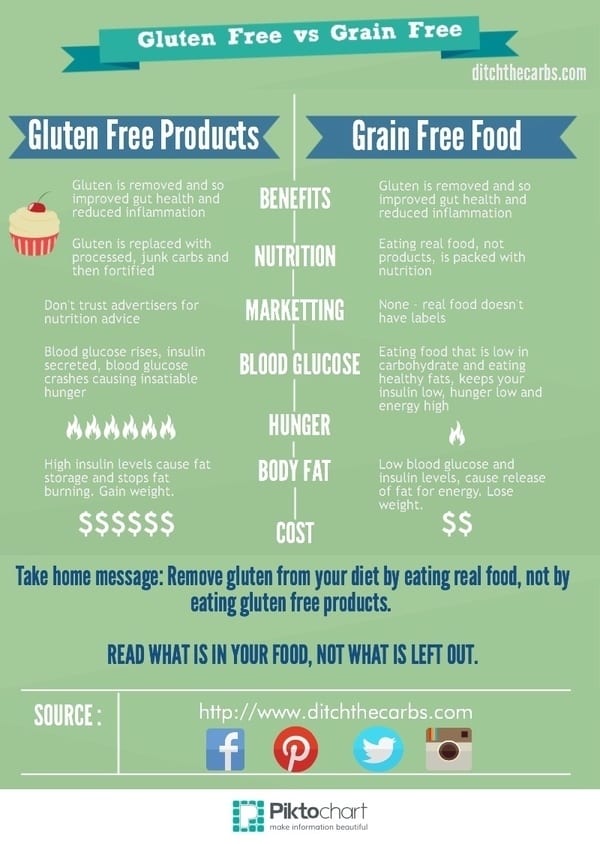
Gluten-Free vs Grain-Free + FREE List Of Grains To Avoid

Is Vital Wheat Gluten Keto ? | Mouthwatering Motivation
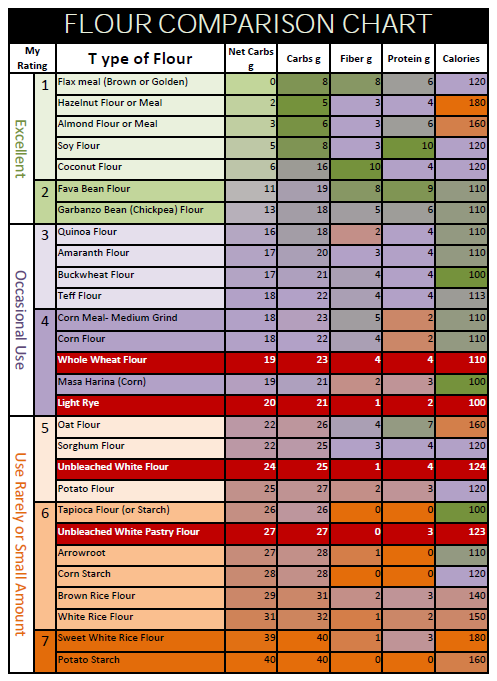
FLOUR CHART: How Gluten Free Flours Compare for Carbs and Protein Content | All the Love-- Without the Wheat

Gluten-free diet: The 10 carbs you CAN eat | Express.co.uk
/almond-flour_annotated-95401174e94447d8bd7ed7fb98f2eaf5.jpg)
Almond Flour or Meal for Low-Carb and Gluten-Free Diets
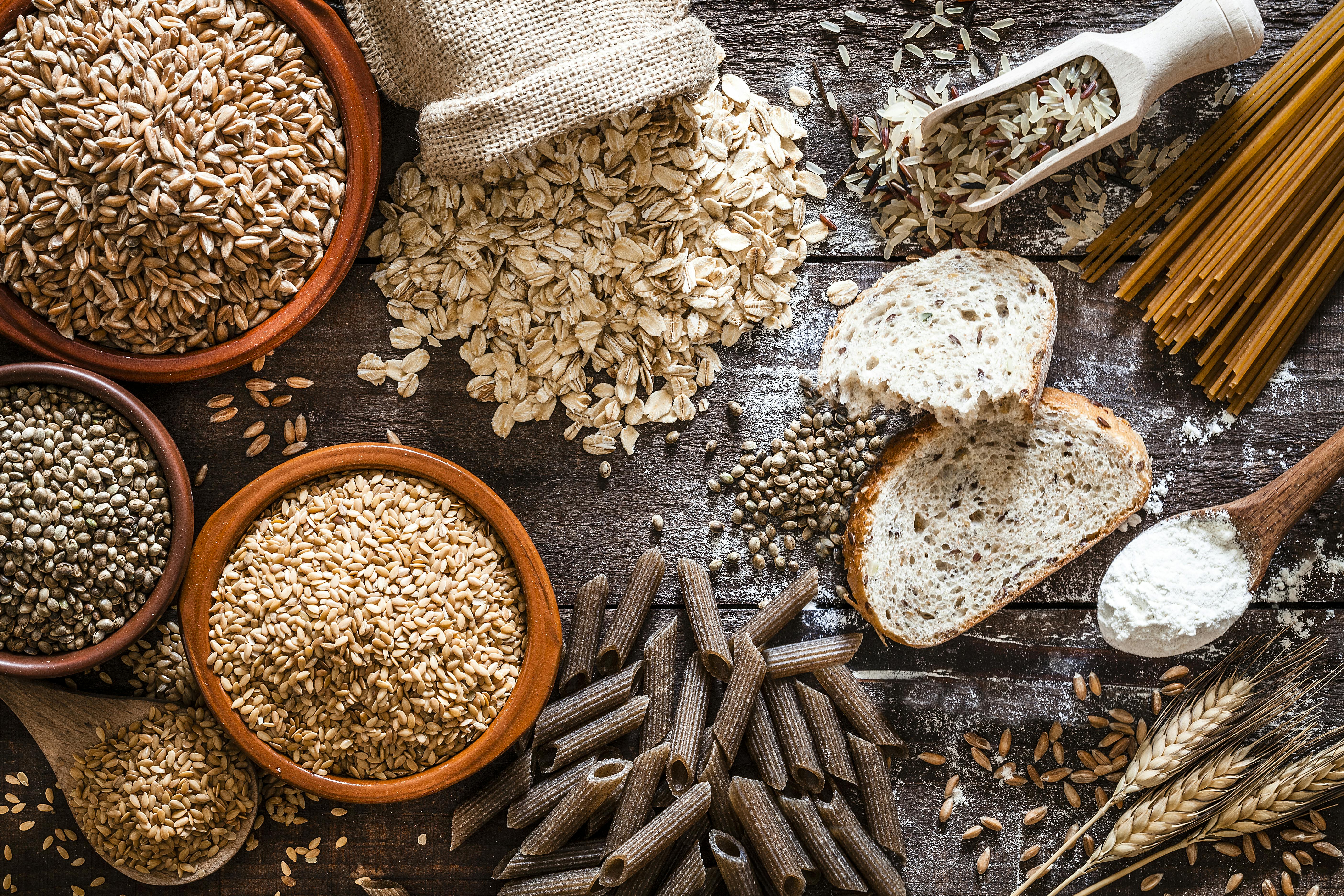
Gluten on a Keto or Low-carb Diet: What to Know — Diet Doctor

The Complete Guide to Low Carb and Gluten Free Portable Snacks | Peace Love and Low Carb | Gluten free food list, Gluten free snacks, Free snacks
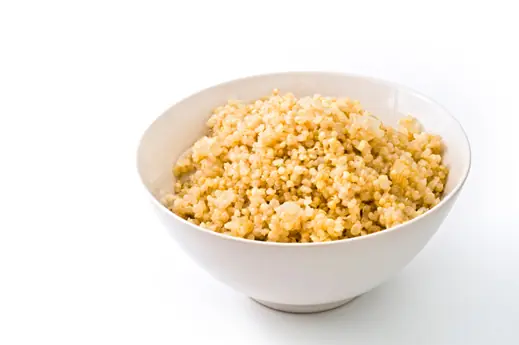
5 Gluten-Free, High-Carb Meals for Runners | ACTIVE
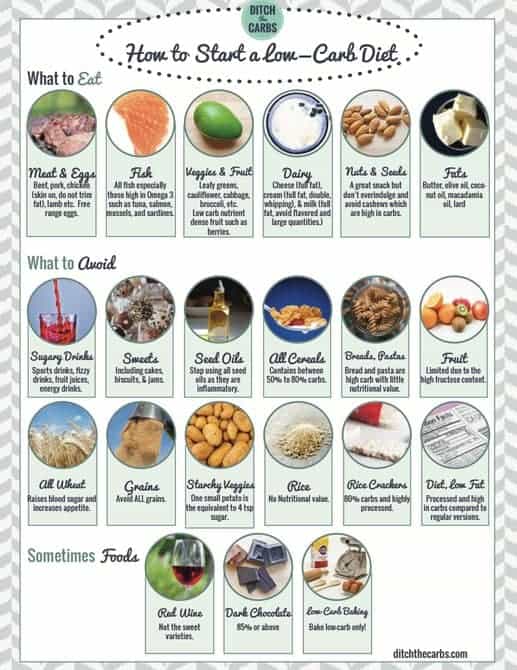
Low Carb Shopping List and pantry guidelines

Is Gluten Free Low Carb? What's the Difference | Jenny Craig | Jenny Craig

Savvy Swaps: Gluten Free Healthy Carbs (Pasta, Bread, Flour, Sweeteners + Snacks) | Root + Revel

Gluten-Free Foods List: 54 Foods You Can Eat

The 10 Best Low-Carb Breads, According To Nutritionists
Are gluten-free and carb-free the same? In short, no.

Low Carb Flours - the Ultimate Guide + How to Use Them
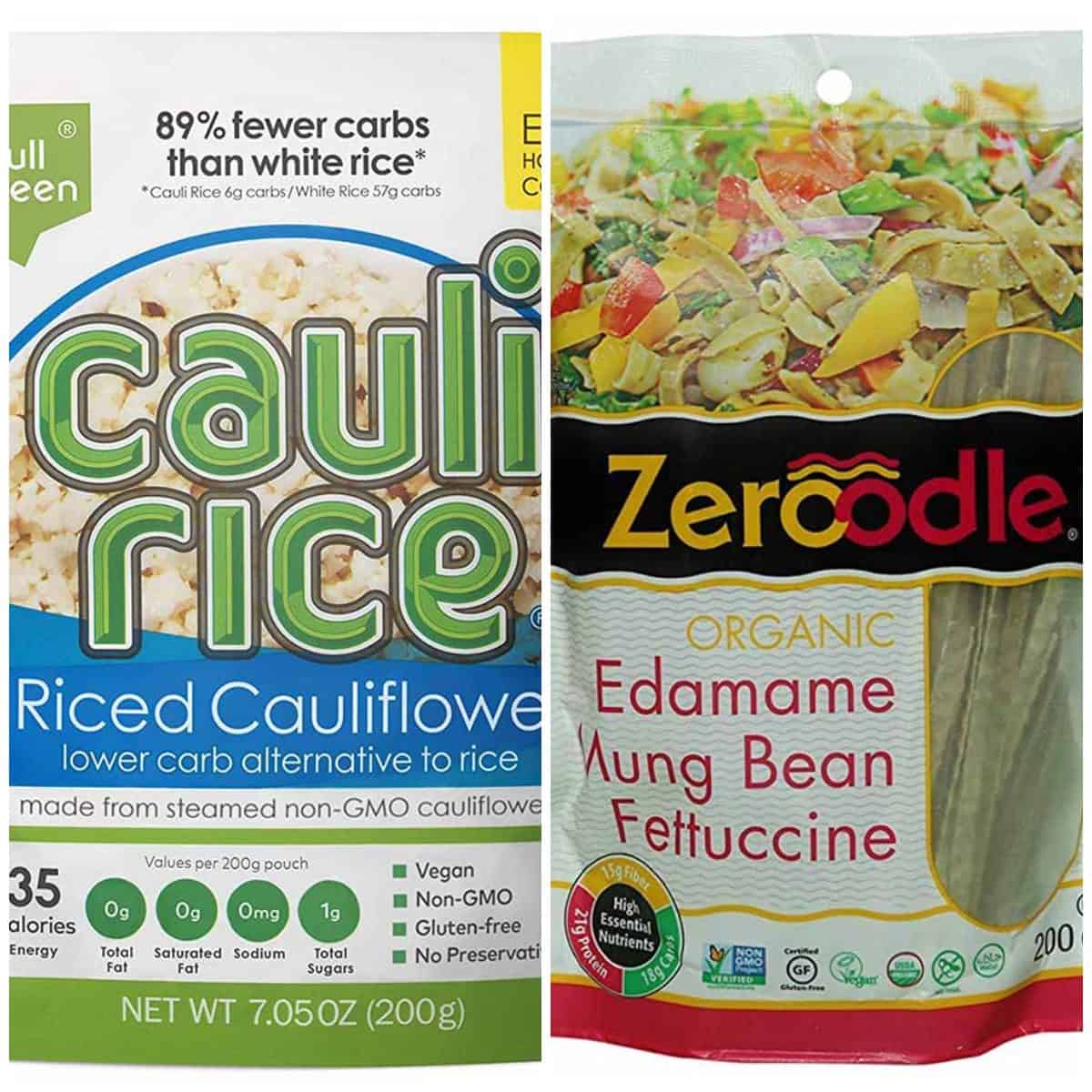
5 Low-Carb Alternatives to White Rice | Diabetes Strong
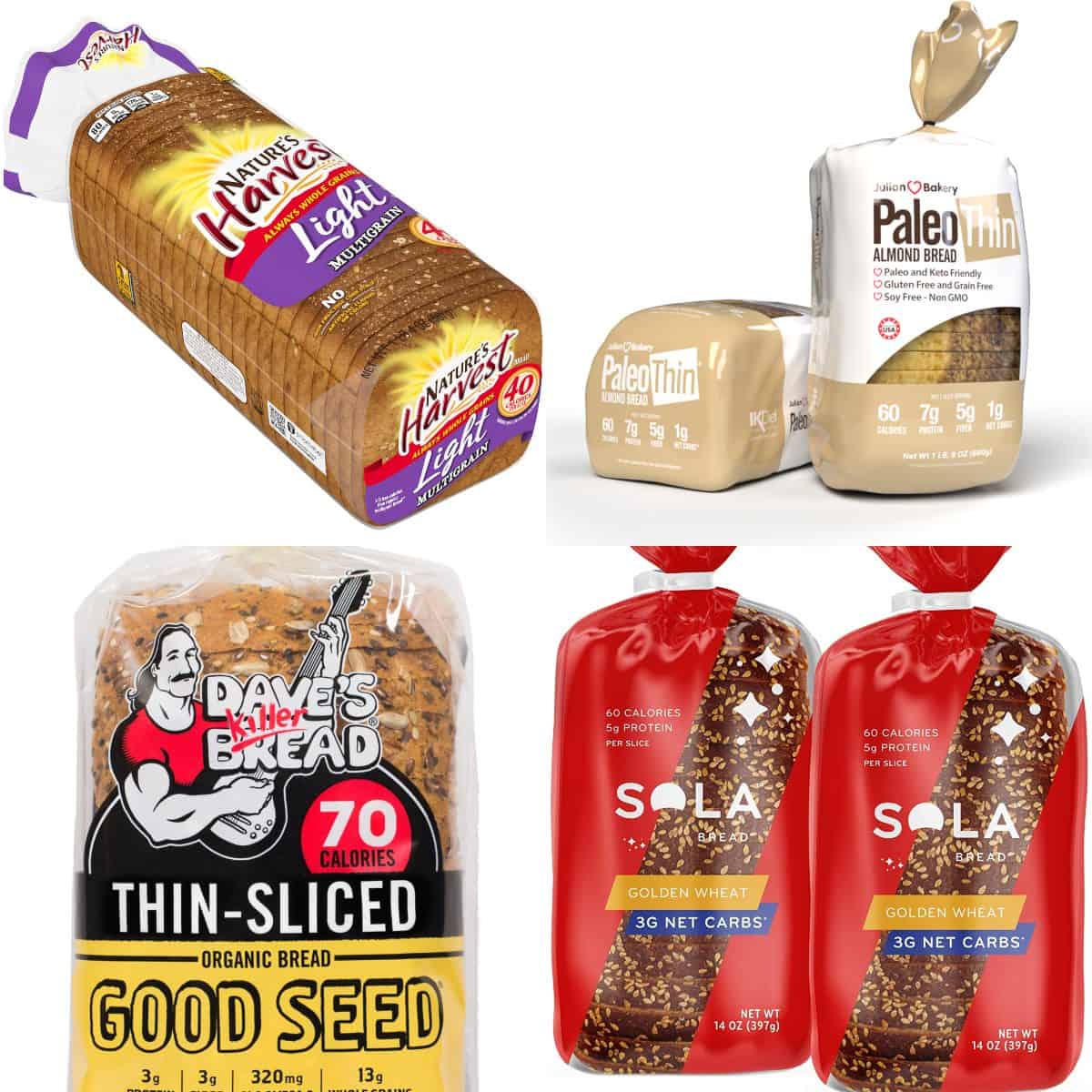
Low-Carb Bread Review: 10 Popular Brands Tested | Diabetes Strong

Everything you want to know about carbohydrates, explained
/couscous_annotated3-d2dc76949dbd4eb182c0b1f46901861f.jpg)
Couscous Nutrition Facts: Calories, Carbs, and Health Benefits
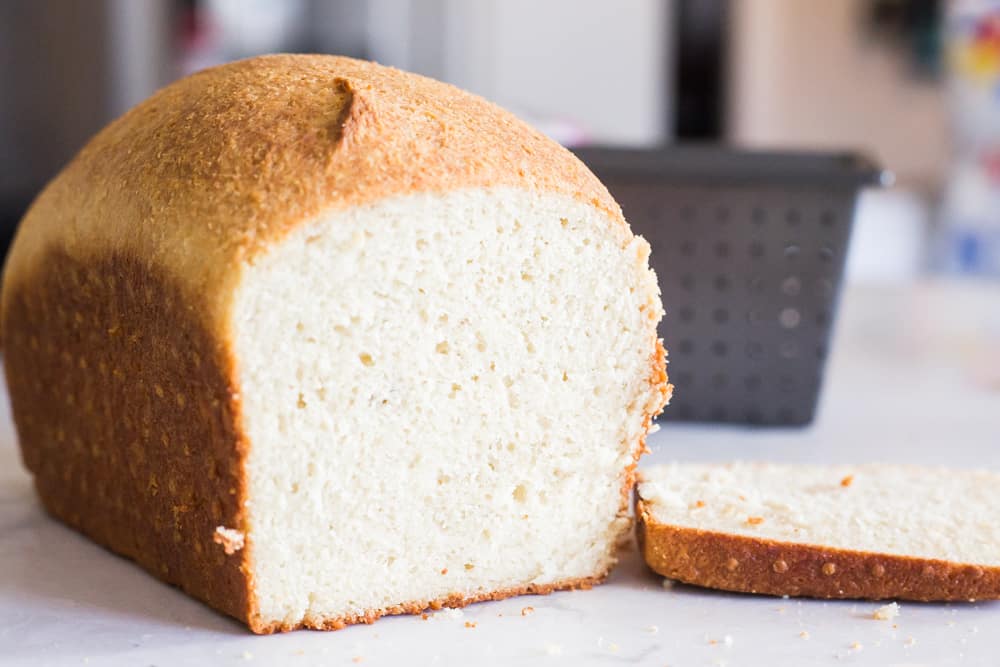
Keto Bread with Vital Wheat Gluten | The Hungry Elephant

Savvy Swaps: Gluten Free Healthy Carbs (Pasta, Bread, Flour, Sweeteners + Snacks) | Root + Revel

Quinoa Health Benefits: A Protein That's Low In Carbs, Gluten-Free, And Full of Nutrients

Easy Low Carb Bread Recipe (Almond Flour Bread) | Wholesome Yum
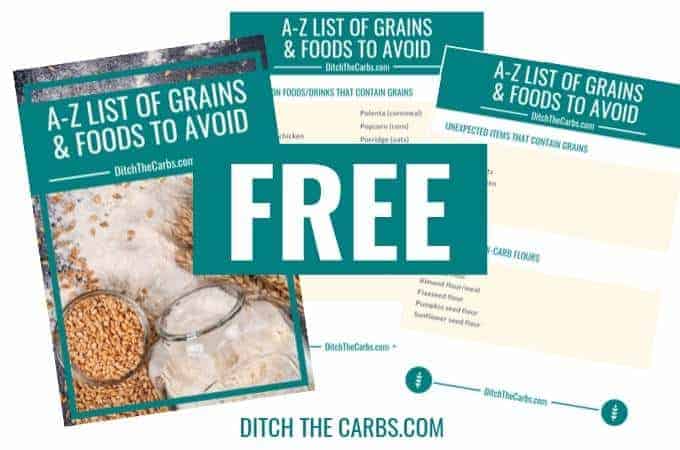
Gluten-Free vs Grain-Free + FREE List Of Grains To Avoid
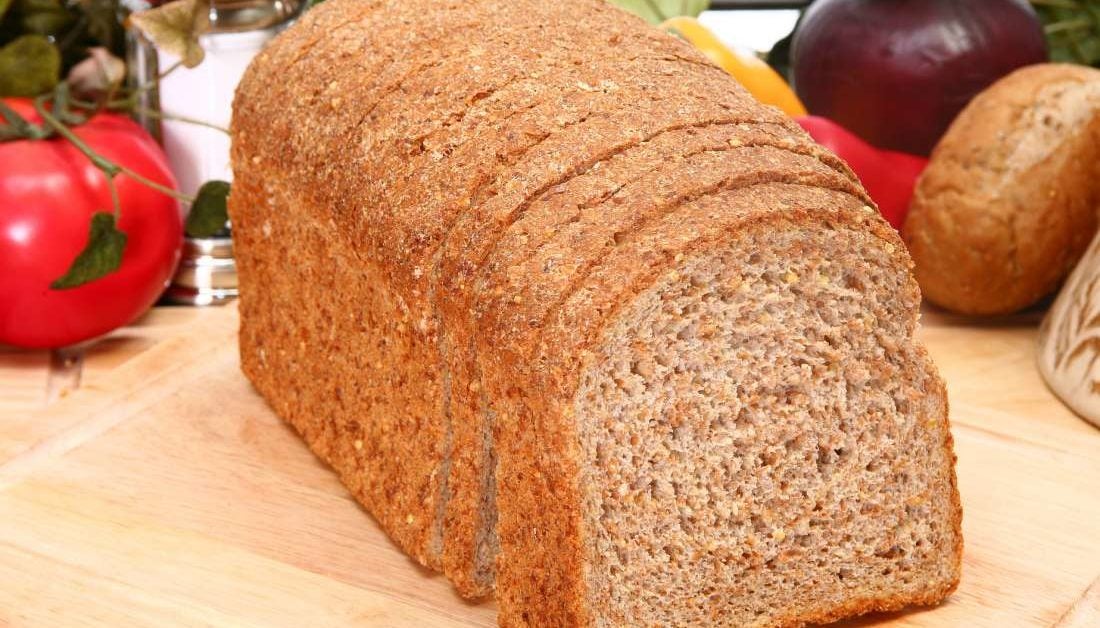
12 bread alternatives for low-carb and keto diets
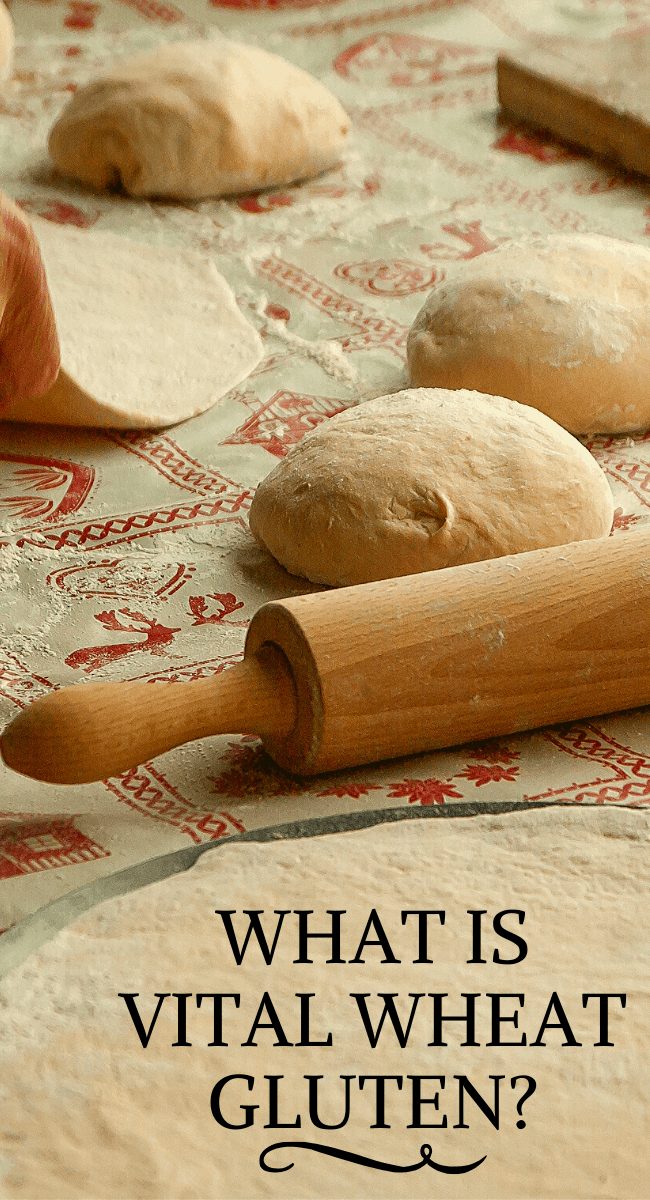
Is Vital Wheat Gluten Keto ? | Mouthwatering Motivation

Savvy Swaps: Gluten Free Healthy Carbs (Pasta, Bread, Flour, Sweeteners + Snacks) | Root + Revel
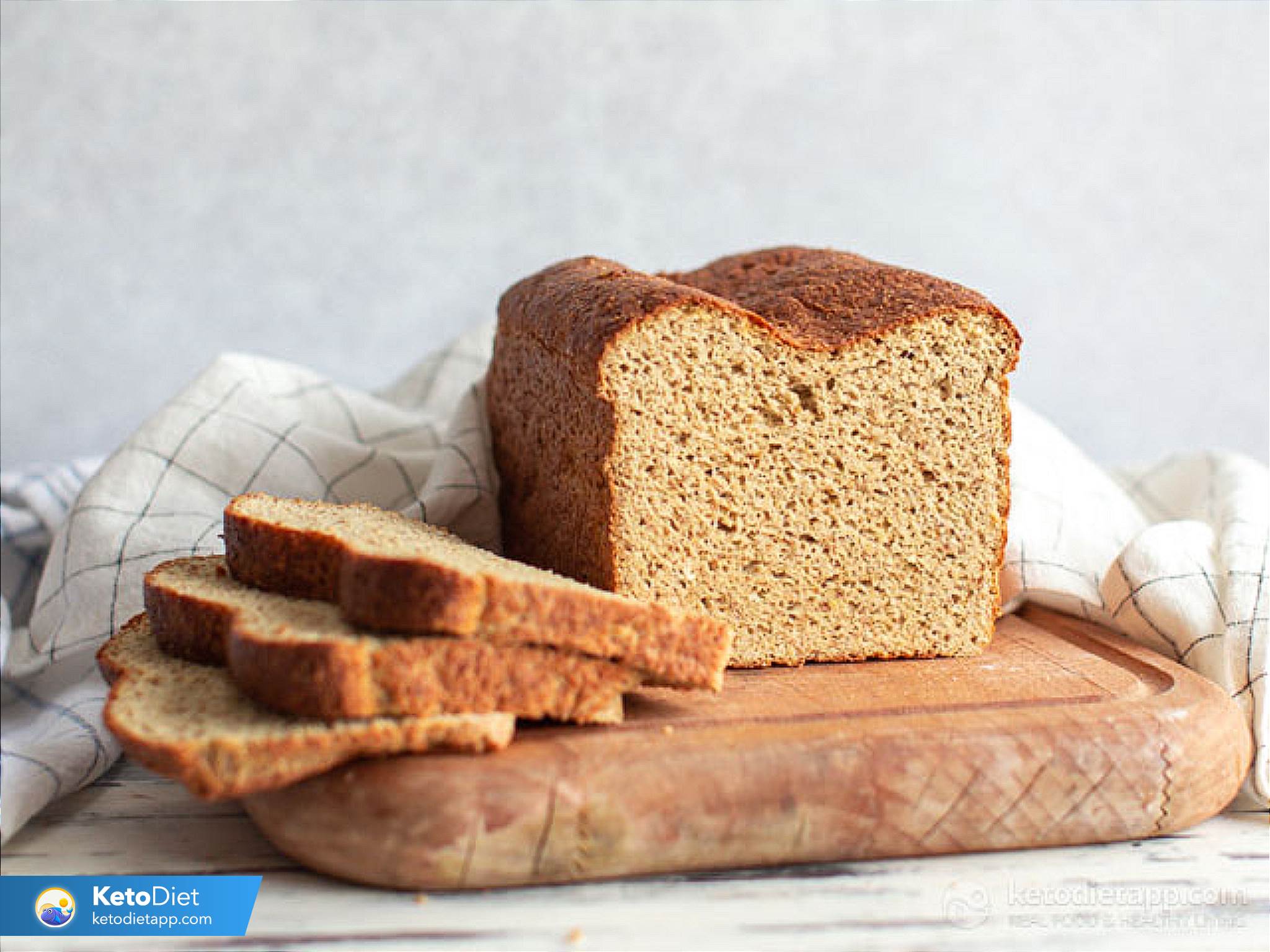
The Best Low-Carb Yeast Bread | KetoDiet Blog
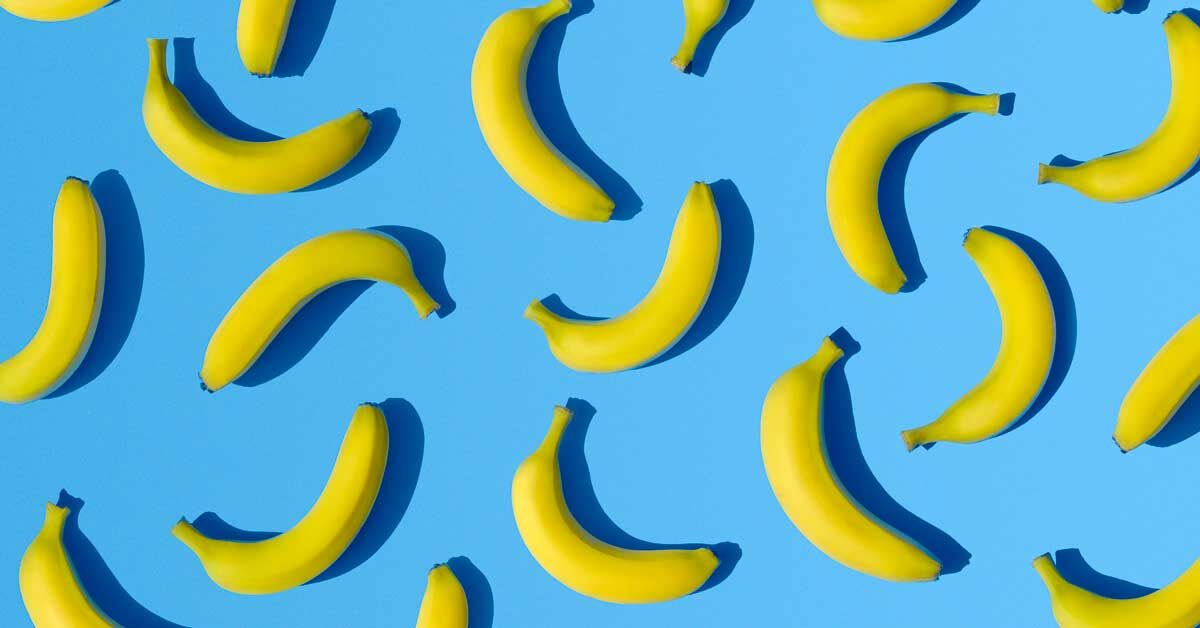
12 High-Carb Foods That Are Actually Super Healthy
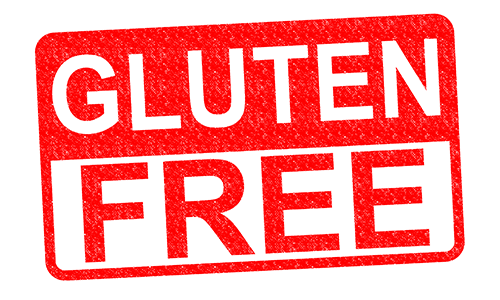
7 Low Carb Recipes for a Gluten Free Diet | Atkins

What to Eat if You're Carb Cycling – Health Essentials from Cleveland Clinic

Your Complete Guide To Carbs — Sammi Brondo | NYC based Registered Dietitian Nutritionist
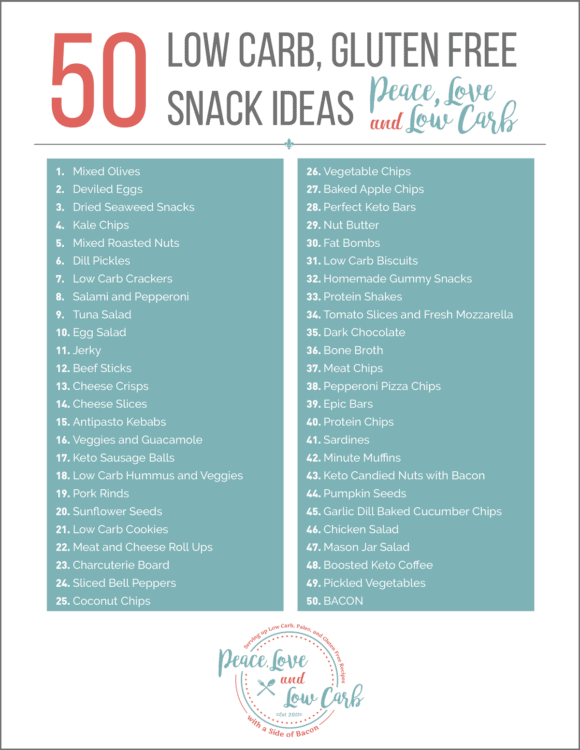
The Complete Guide to Low Carb and Gluten Free Portable Snacks | Peace Love and Low Carb

Costco's Keto-Friendly Hamburger Buns Only Have 1 Net Carb—but Are They Healthy? | EatingWell
How Many Carbs Do You Need For Runners? Should They Avoid Gluten?
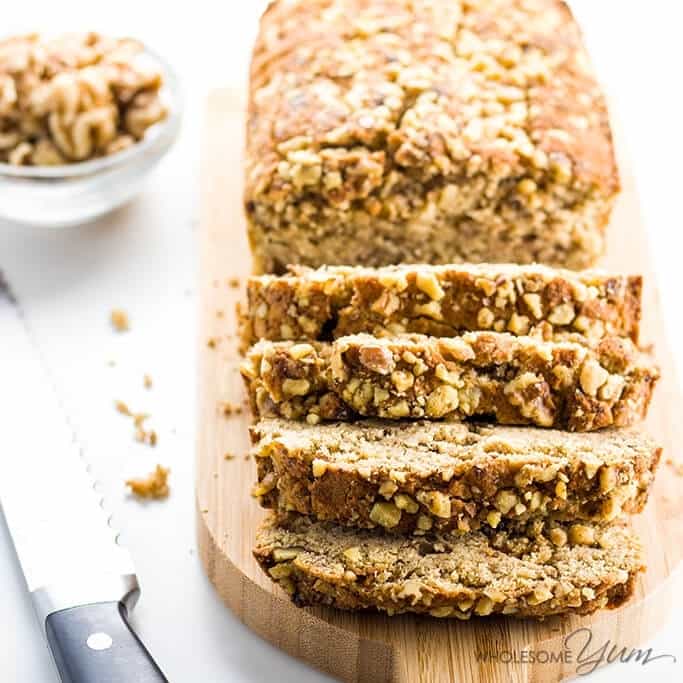
Keto Low Carb Banana Bread Recipe with Almond Flour - Sugar Free

6 Gluten-Free, Low Carb Pastas - Thrive Market

Bread: Is it good or bad for you?
I. love. bread.': Why your love affair with carbs doesn't have to end
Posting Komentar untuk "does gluten have carbs"